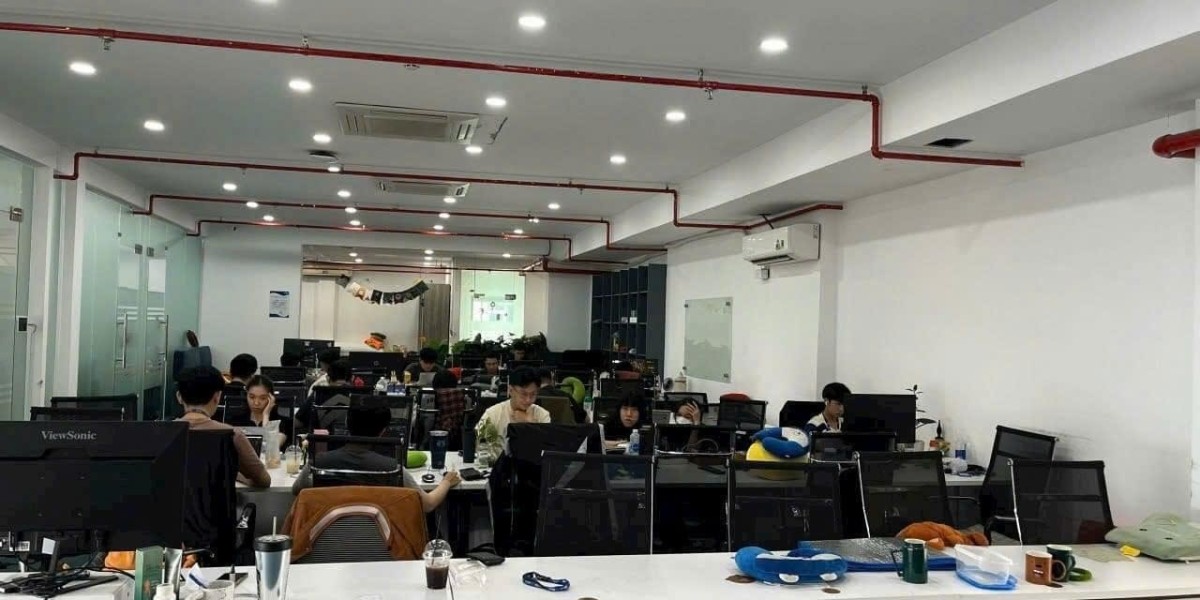
Introduction to AI-Powered Chatbots
In today’s digitally driven world, businesses are constantly seeking innovative ways to enhance customer interaction and satisfaction. One technology that has emerged as a game-changer in this regard is AI-powered chatbots. These intelligent virtual assistants are revolutionizing the way businesses communicate with their customers, particularly within mobile apps.
Understanding AI-Powered Chatbots
AI-powered chatbots are computer programs designed to simulate human conversation using artificial intelligence technologies such as natural language processing (NLP) and machine learning. Unlike traditional rule-based chatbots, AI-powered chatbots can understand context, learn from interactions, and provide more personalized responses over time.
Enhancing Customer Engagement with AI Chatbots
24/7 Availability: AI chatbots are available round the clock, ensuring that customers can receive assistance whenever they need it, leading to improved satisfaction and loyalty.
Personalised Interactions: By analyzing user data and behavior, AI chatbots can deliver personalized recommendations and responses tailored to each individual customer.
Multi-Channel Support: AI chatbots can seamlessly interact with customers across various channels, including mobile apps, websites, social media platforms, and messaging applications.
Enhanced Customer Engagement: Through proactive engagement and intelligent conversation flows, AI chatbots can keep customers engaged and informed throughout their journey.
Cost Efficiency: By automating routine tasks and inquiries, AI chatbots help businesses save time and resources while ensuring consistent service delivery.
Global Reach and Language Support: An invaluable feature of AI chatbots is their ability to communicate in multiple languages. This functionality is particularly crucial for global enterprises serving diverse customer bases. By overcoming language barriers, multilingual chatbots empower businesses to connect with a broader audience and deliver localized customer support, significantly enhancing engagement and satisfaction levels.
Integration and Automation: AI chatbots can be seamlessly integrated with existing systems and processes, streamlining operations and enhancing efficiency.
Handover to Human Agents: Although AI chatbots excel at managing various inquiries, there are situations where human intervention becomes necessary. When faced with a query beyond its capabilities, the chatbot intelligently transfers the issue to a human agent. This hybrid approach ensures that while chatbots handle standard inquiries efficiently, complex or sensitive matters receive the nuanced responses that AI may not yet be equipped to provide.
Real-World Applications: Where Chatbots are Making a Difference
Customer Service: AI chatbots are revolutionizing customer service by providing instant support, resolving queries, and escalating issues to human agents when necessary.
Healthcare: Chatbots are assisting healthcare providers by offering appointment scheduling, symptom assessment, medication reminders, and personalized health advice.
Banking: Chatbots are transforming the banking industry by facilitating account inquiries, fund transfers, bill payments, and fraud detection.
Retail and E-Commerce: AI chatbots are enhancing the shopping experience by offering product recommendations, order tracking, and customer support.
Travel and Hospitality: Chatbots are simplifying travel planning by providing flight booking assistance, hotel recommendations, itinerary management, and local insights.
Challenges and Future Directions
Advancing Contextual Understanding: Improving the chatbot’s ability to understand and respond to complex and contextually nuanced queries remains a challenge.
Improving Security and Data Privacy: Ensuring the security and privacy of customer data is crucial to building trust and confidence in AI-powered chatbot interactions.
Seamless Human-to-Bot Handoff: Developing effective mechanisms for transitioning between chatbots and human agents is essential for resolving complex issues and maintaining a positive user experience.
Developing Multimodal Capabilities: Integrating chatbots with voice, video, and other modalities will enable more natural and intuitive interactions.
Cross-Domain Knowledge Enhancement: Enhancing chatbot’s knowledge across different domains and industries will expand their utility and effectiveness.
How Appristine Can Help You?
Iterative Development: Appristine employs an iterative development approach, allowing for continuous improvement and refinement of AI-powered chatbot solutions.
Flexibility and Adaptability: Appristine builds flexible and adaptable chatbot systems that can evolve with changing business requirements and customer needs.
Cross-Functional Collaboration: Appristine fosters collaboration between developers, designers, domain experts, and clients to ensure the successful implementation of AI-powered chatbots.
Conclusion
AI-powered chatbots represent a significant opportunity for businesses to redefine customer interaction and engagement within mobile apps. By leveraging advanced AI technologies, businesses can deliver personalized, efficient, and seamless experiences to their customers across various channels and industries. While challenges remain, the future of AI-powered chatbots looks promising, with continued innovation and advancements driving their widespread adoption and impact. With the expertise and support of the best mobile app development company in Pune like Appristine, businesses can harness the power of AI chatbots to stay ahead in today’s competitive market landscape.




